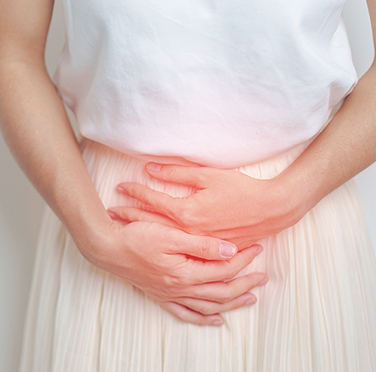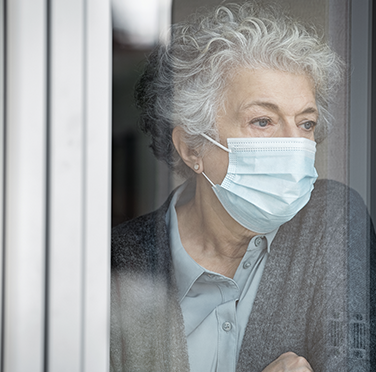James H. Brown & Associates has filed a class proceeding on behalf of families of children who have been affected by the E. coli outbreak in Calgary, Alberta. If you have been affected, please contact us immediately.
James H. Brown & Associates has filed a class proceeding on behalf of families of children who have been affected by the E. coli outbreak in Calgary, Alberta. If you have been affected, please contact us immediately.
On September 4, 2023, Alberta Health Services (AHS) declared an E. coli outbreak for six locations of a Calgary daycare and five additional sites that share a central kitchen. Click HERE for more information.
James H. Brown & Associates has pioneered class actions in Canada for individuals who have suffered illness and long-term injury from E. Coli and other food poisoning outbreaks. In February of 2016, a $4 million settlement was approved in a Class Action relating to recall of beef products, one of the largest food recalls in Canadian history.
E. Coli can result in lifetime injuries and debilitating conditions, particularly in children and older adults. Symptoms include nausea, vomiting, fever, and diarrhea, that may progress to bloody diarrhea or blood in the stool. If you or a loved one are experiencing symptoms of food poisoning, do not wait to seek medical care or advice.
Long term risks from E. Coli infection include kidney failure, hemolytic-uremic syndrome (HUS), hypertension and cardiovascular disease. For the quickest response, visit your nearest hospital or call Health Link at 8-1-1 in Alberta to speak with a health care professional.
E. Coli is often transmitted through food, especially raw foods that have come into contact with manure from cattle or with contaminated beef. Undercooked beef is another potential source of E. Coli. Proper food preparation and sanitation is essential to avoid severe illness. E. Coli infection can be transmitted between infected individuals, particularly in daycares, schools and long-term care centres.
James H. Brown & Associates is currently litigating a class action lawsuit regarding E. coli contaminated pork products and a class action lawsuit regarding salmonella-contaminated onions.
If you or a loved one have become ill from an E. Coli outbreak or other foodborne infection, contact us today to discuss your options. We offer free consultations to help advise you on your best next steps. Have a James H. Brown lawyer advocate on your behalf to ensure you get the compensation and care that you deserve.
Please provide the details of your situation using the online form below or contact our class action team directly at classaction@jameshbrown.com or at 1 (800) 616-0088.
Serving Albertans for over 30 years, we have resolved claims for all types of accident injuries. Our vast knowledge and experience allows us to personalize our care and provide extensive guidance and reassurance that you are receiving the best legal representation possible. You can trust you will receive the assistance and support you need to be able to focus on your recovery during this challenging time.
With over 250 years of combined experience, our team at James H. Brown and Associates possesses the expertise and knowledge required to handle a wide range of accident cases with confidence and skill.
We recognize that each case is unique and demands personalized attention to achieve the best results for our clients. We take the time to listen to your individual story and offer tailored solutions that address your specific needs.
Our attorneys are deeply committed to assisting our clients in pursuing fair compensation and securing the settlements they deserve for accident-related matters. No matter the circumstances, we will be there beside you, providing compassionate guidance and always prioritizing your best interests.



































2400 SUN LIFE PLACE 10123 – 99 STREET, EDMONTON, ALBERTA
T5J 3H1

Copyright © 2024 James H. Brown & Associates | Privacy Policy